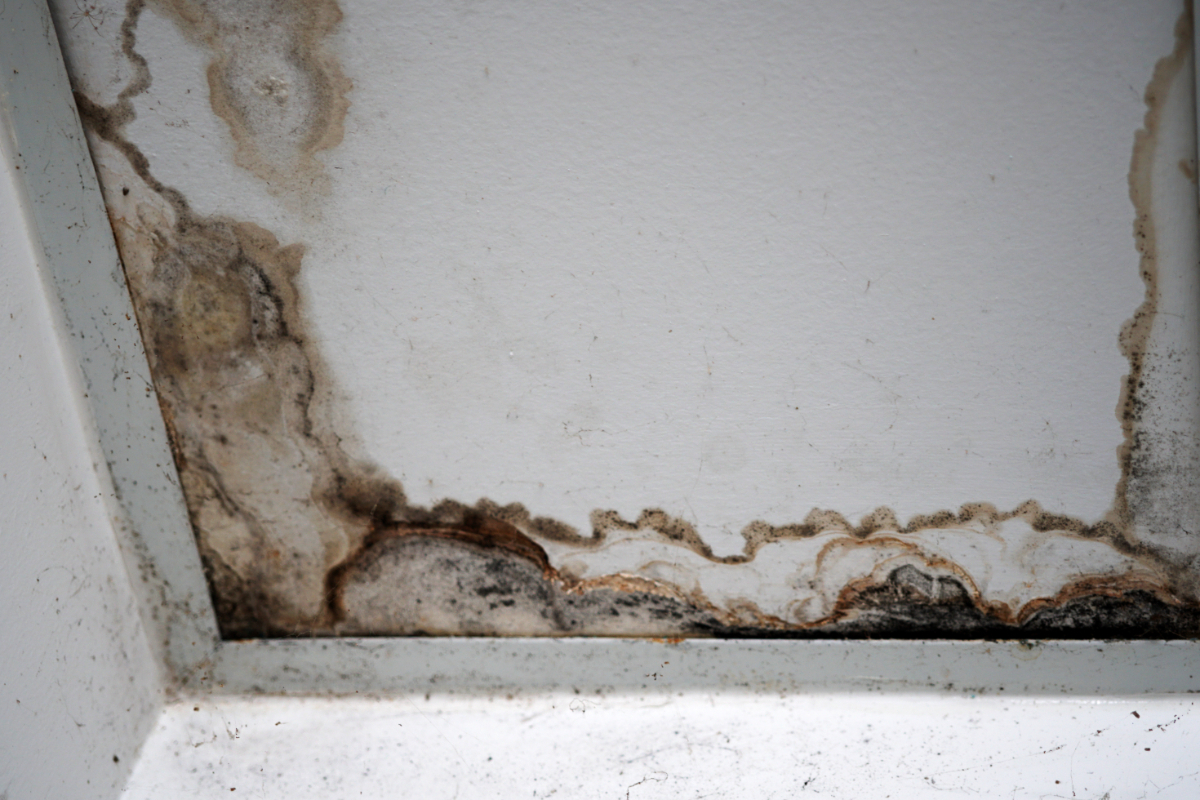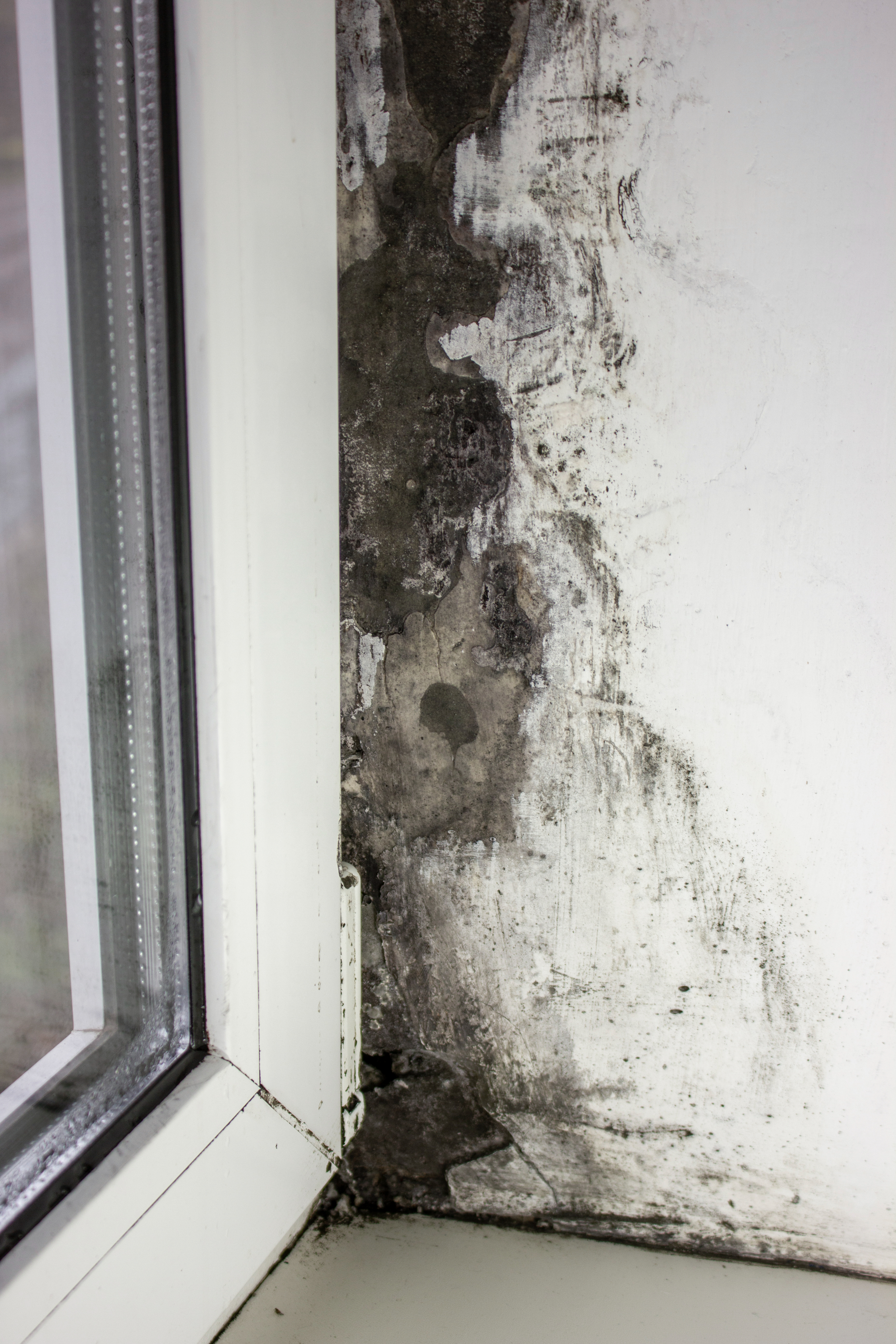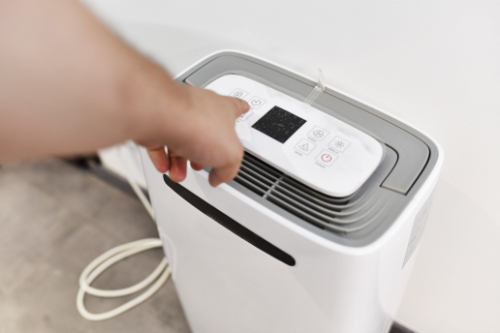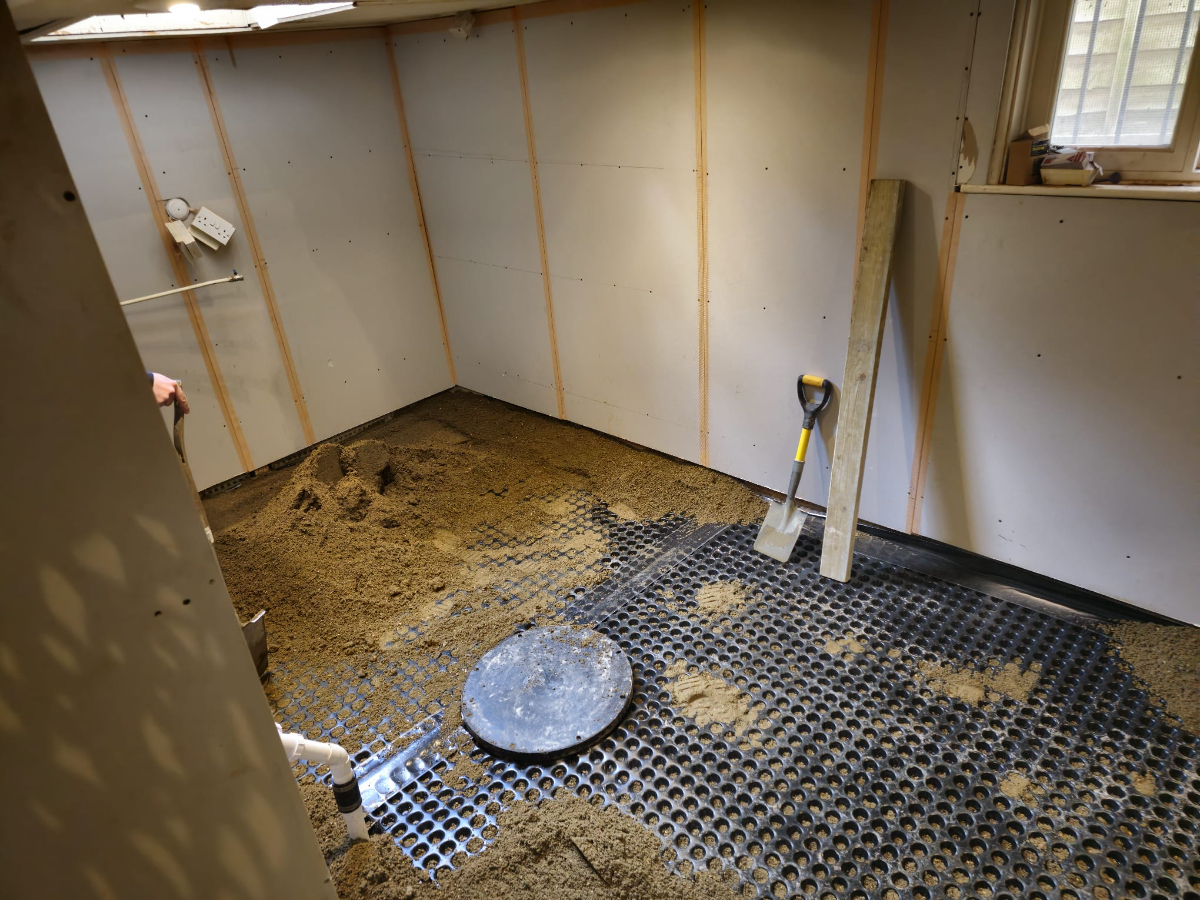Keep The Temperature Consistent
Condensation occurs when warm air comes into contact with cold surfaces such as. As the air cools down, the moisture condenses into water droplets. Condensation is commonly found in bathrooms, kitchens, and bedrooms.
To reduce condensation, it's important to keep a consistent temperature in your house. By maintaining a steady, low-level heat, you can stop surfaces from becoming too cold. This reduces the chance of warm air condensing when it touches these cold patches. This consistency in temperature also improves the insulation of your home.
Using extractor fans in areas like bathrooms and kitchens can improve ventilation. By implementing these measures, you create a space with reduced condensation. Keeping your temperature consistent is a key step in maintaining a healthy environment.
Maintaining a consistent temperature throughout your property helps reduce condensation. Ideally, your home should be heated between 18 to 21 degrees Celsius. This temperature range helps reduce condensation and also creates a comfortable environment. Having a consistent temperature can promote both health and comfort.
Keep Windows Open At Night And During Showers
Improving ventilation is crucial to prevent condensation in your home. This can be done by keeping windows open, especially when showering or cooking. Opening a window, even if it's just a small gap, in your bathroom or kitchen, is a good idea. This helps stop moisture from getting trapped, and results in better air quality.
Increased ventilation helps reduce the amount of moisture in your home. The air inside the house is exchanged with drier air from outside. Plus, fresh air is beneficial for your health, making your home a healthier place. Keeping windows open helps to dry out rooms.
By allowing the air to escape, you reduce the moisture levels. This can help prevent condensation and mould from growing. Keeping windows open is a simple yet effective way to maintain a healthy environment.
Excessive condensation can lead to mould growth on walls, ceilings, and furniture. Mould spores can irritate your throat and cause serious damage to your lungs. Therefore, it's essential to manage condensation to prevent mould from forming. However, cleaning mould is only a temporary solution.

To prevent mould from returning, you need to tackle the root cause of the problem. Keeping windows open helps reduce the likelihood of condensation becoming an issue.
To reduce condensation, it's important to ventilate rooms effectively. After showering or cooking, make sure to open the windows wide for at least 20 minutes. This lets moisture evaporate properly, helping to keep the walls dry and damp-free. Regular ventilation is key. Once a day, open the windows wide for around 20 minutes to let fresh air in and moisture out. This simple routine will help keep your home dry and mould-free.

Dry Clothes Outside
Drying clothes inside the house often leads to increased condensation levels. This is because it releases a significant amount of moisture into the air. A simple but effective way to combat this is to dry clothes outside whenever possible. By doing so, you can reduce the amount of moisture within your home. This prevents the build-up of condensation and helps reduce the risk of mould.
Removing excess moisture is crucial in preventing condensation in your property. Take advantage of sunny or windy days and keep your home condensation-free. Reducing moisture levels helps maintain your home structure by preventing condensation. Removing excess moisture is key to preventing condensation. Keep your home dry and fresh by making the most of outdoor drying opportunities.
Keep Furniture Away From The Walls
Placing furniture directly against a wall can trap air, resulting in condensation. This can create an environment where mould can grow behind the furniture. By giving your furniture a bit of breathing space, you allow air to move freely.
This helps to disperse any excess moisture before it condenses on surfaces. To address the issue of condensation, it's a good idea to keep furniture away from the walls slightly. This can improve the airflow around the room and enable walls to breathe better.
Having furniture like wardrobes against the wall can prevent air from circulating properly. This can lead to condensation and the potential growth of mould behind the furniture. Using dehumidifiers can help reduce humidity levels in the room and reduce condensation.
Opening windows, especially during cooking or showering, can make a significant difference. Investing in proper insulation and double-glazing windows can also protect against condensation. By following these simple steps, you can help maintain a healthier living environment. You can reduce the risk of condensation, and contribute to the longevity of your home.

Buy A Dehumidifier
If there's condensation in your home, you might want to consider buying a dehumidifier. These handy devices work by reducing the amount of moisture in the air. This helps to prevent and control condensation. Dehumidifiers come in many types and sizes, ensuring that there is one suitable for your home.
Dehumidifiers are useful in spaces that have more moisture, such as bathrooms and kitchens. The device draws in warm air from the room and replaces it with cool air. The air passes over a cooling coil that lowers its temperature, causing the moisture to condense.
These droplets are then collected in a built-in reservoir or drained away through a hose. Then, the dry air gets reheated to its original temperature.
Finally, the dehumidifier releases the dried air back into the room. Additionally, a dehumidifier can help maintain the structural integrity of your home. Excess moisture can damage wood, and paint, and even lead to mould growth. By reducing humidity, dehumidifiers help preserve your home and maintain a healthier environment.
Always remember to clean and maintain your dehumidifier for the best results. Remember to check and replace the filters - and the reservoir should be emptied regularly. This is to prevent any build-up of mould or bacteria. Dehumidifiers also contribute to your comfort.
High humidity can make the air feel warmer than it is, leading to discomfort. By keeping humidity levels in check, a dehumidifier can help you feel more comfortable. When trying to stop condensation in your house, a dehumidifier can be an ideal investment.
At Above Water Damp Proofing Ltd we are trained professionals when it comes to damp. We understand that damp removal and damp-proofing your property can be costly - which is why we provide a range of damp-proofing services at a fair price. Learn more about damp control in Windsor, Slough, Berkshire & Surrey.




